Closing costs are of major importance to factor into the sale price of your home. Typically, these costs are associated with the buyers paying them, but there are stipulations on the HUD-1 Settlement Statement for seller closing costs as well.
These costs vary according to location, but, as the seller, you can expect to pay 6% to 10% of the home’s sales price in closing costs. Usually this amount is deducted from the profit that is made on selling the home, unless there is very low equity on the seller’s mortgage. If this is the case, some closing costs may be held in escrow and you may need to come up with some cash to appease your lender.
1. Seller costs
The commission for the Real Estate agent(s) involved in the transaction will be one of the seller’s larger costs.
These costs vary by market but are somewhat negotiable. Typically, the commission will be around 6% of the sales price of the home and this will be split between the listing and buyer’s agents.
2. Loan payoff costs
More often than not, the seller is expecting to satisfy both their mortgage and lenders with the sale of their home. The mortgage payoff balance is often higher than the remaining balance on your mortgage and the buyer’s purchase price. You can thank the lenders’ prorated interest for this.
A prepayment penalty may be required in some cases if you choose to pay off your mortgage loan before the end of the term. In the case that you have a home equity loan or line of credit, the lender will ask that you pay this in full at the time of settlement as well.
The easiest way to make sure you have all your costs in order is to talk to your lender about what they will require, so that way you can get a bigger picture.
3. Transfer taxes and recording fees
Transfer taxes are imposed by the state and local government in order to transfer the title from the seller to the buyer. This cost is included in the seller closing costs.
Property taxes must also be updated before the seller can hand over the keys to the buyer.
4. Title insurance fees
What this entails is the buyer’s title insurance premium that the seller typically pays. Title insurance is a protection for buyers and lenders in case of issues with the title involved in a real estate deal.
5. Attorney fees
This only applies if the seller has their own attorney represent them at the time of settlement.
In some areas the buyer pays the attorney fees, while it may be the seller who pays the fee in other areas.
6. Additional costs
Liens or judgments against the property can also incur additional fees and costs. These include but are not limited to unpaid HOA fees, prorated property taxes, escrow fees and more. These costs are separate from the buyer’s closing costs.
Termite inspections, repair bills, and home warranty premiums can also seem to appear out of nowhere.
Lastly, the cost for cosmetic repairs in order to prepare the home to be put up for sale are often overlooked. Be sure to include these items in your closing costs, even if it is something as simple as new $30 curtains.

